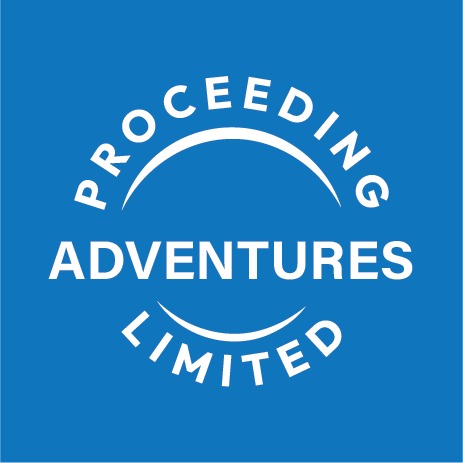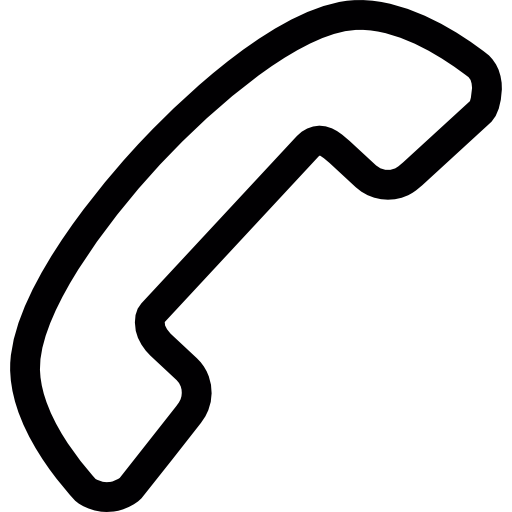Kilimanjaro Machame Route 8 days
join our fixed departure
| Trip | Trip Date | Price | Space Left | ||
|---|---|---|---|---|---|
 Umbwe Route 7 days Umbwe Route 7 days |
 May 17,2025 - May 23,2025 May 17,2025 - May 23,2025 |
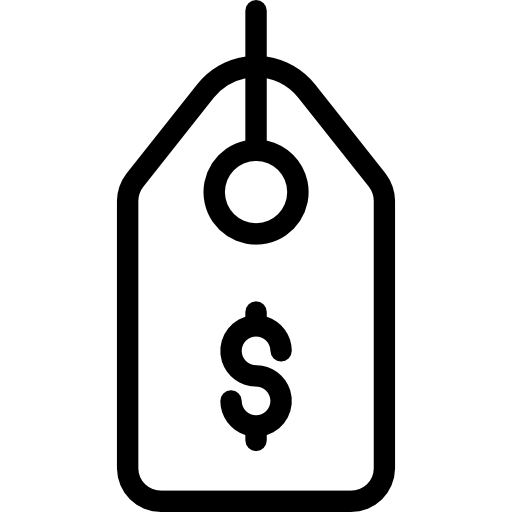 $1,721 $1,721 |
 6 6 |
BOOK NOW | |
 Marangu Route 6 days Marangu Route 6 days |
 Jun 12,2025 - Jun 17,2025 Jun 12,2025 - Jun 17,2025 |
 $1,690 $1,690 |
 3 3 |
BOOK NOW | |
 Machame Route 6 days Machame Route 6 days |
 Oct 09,2025 - Oct 14,2025 Oct 09,2025 - Oct 14,2025 |
 $1,598 $1,598 |
 4 4 |
BOOK NOW | |
 Rongai Route 6 days Rongai Route 6 days |
 Nov 20,2025 - Nov 25,2025 Nov 20,2025 - Nov 25,2025 |
 $1,698 $1,698 |
 2 2 |
BOOK NOW | |
 Marangu Route 5 days Marangu Route 5 days |
 Aug 12,2025 - Aug 16,2025 Aug 12,2025 - Aug 16,2025 |
 $1,499 $1,499 |
 3 3 |
BOOK NOW | |
|
2025-09-03 - 2025-09-08 $1780 6 Space Left |
BOOK NOW |
|
2025-11-20 - 2025-11-29 $2120 4 Space Left |
BOOK NOW |
|
2025-08-12 - 2025-08-18 $1498 4 Space Left |
BOOK NOW |
|
2025-06-12 - 2025-06-17 $1590 5 Space Left |
BOOK NOW |
|
2025-05-31 - 2025-06-05 $1490 3 Space Left |
BOOK NOW |
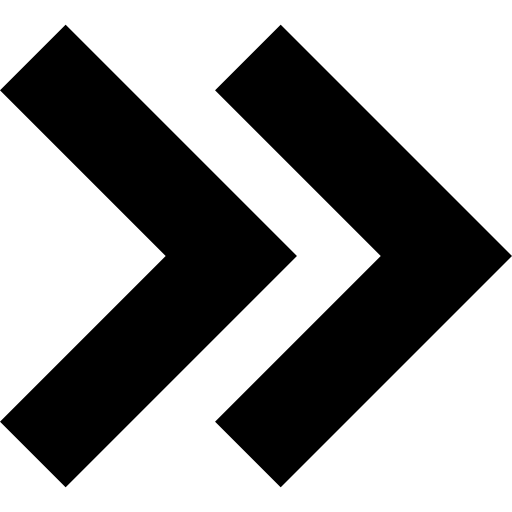
What's included?
- 8 day advanture,6 of which include 3 meals a day
- 2 nights of accommodation in Moshi, breakfast included
- Airport Pickup from Kilimanjaro Airport
- All Ground Transfers
- Accomodation while trekking
- National Park Entry Fees
- Full-licensed,English-speaking guide
- Porter service on the trek
- First Aid Kit and Toiletries
- Trip completion certificate
- Farewell Dinner
*The Machame Route is tent camping.
The Machame Route is one of the best options for climbing Kilimanjaro and reputed to have the highest success rate. This scenic route offers a longer period for acclimatization and takes different routes up and down the mountain so you don\’t do any backtracking over the same terrain. It features a tented camping experience as opposed to the Marangu Route which makes use of an extensive mountain hut system.
Your trip starts when we pick you up from the airport at Kilimanjaro from where we will take you to a hotel in Moshi for the night and you will be introduced to your mountain guide who will ensure you have all the necessary gear for the climb. The next morning it's about an hour drive to the park gate where you will begin the trek. The first day of trekking is about 5 hours through the beautiful rainforest at the base of Kilimanjaro to the Machame Camp. The trek continues on the second day through increasingly sparse trees and bushes into moorlands and finishes at Shira Camp. The third day of trekking is quite helpful for acclimatization as you ascend to the Lava Tower (15,000 feet / 4600m) before descending to the campsite in Barranco Valley. The area before the campsite is known as the "Garden of the Senecios", which features many huge senecio plants as well as the shorter lobelia plants. The fourth day starts with the ascent of the Barranco Wall, which is the most difficult climb and involves some easy scrambling. Continuing from the Wall the trail levels out and descends a bit to the Karanga River where you will take lunch before reaching the high camp at Barafu. The vegetation has disappeared completely by the time you reach Barafu and you’re a presented with a barren volcanic plain. The afternoon is spent resting here and the push to the summit begins at 11pm when you gear up for a midnight departure. Leaving at midnight it's a slow and cold 6 hour climb to the crater rim and then another hour traverse of the rim to Uhuru Peak the final summit. Having reached the summit you will descend again to Barafu take a short nap break and then continue to the lower elevations at Mweka Camp. One of the reasons for such a long day of trekking is to avoid problems with acclimatization and get you back down to a lower elevation quickly. The sixth and final day has trekkers continue through the montane forest to Mweka Gate where transport will be waiting to take you back to Moshi where you will enjoy a final farewell dinner with the staff before departing the following morning.
Extra Cost and Exclusions
- For visas pleaseclick here
- All the meals are included on the climb but we only include breakfast while you are in Moshi
- We suggest a minimum tip for your climbing staff of $200$.(Please Review our Tip Guidelines).
Climbing Gear
- We will provide tent,sleeping bag and sleeping pad.
- We will provide a duffel bag that you repack you personal geaar for the porter to carry.
- You are responsible to bring your own personal gear(Check gear list).
Solo Travelers
We don't charge solo travelers any extra fees. Solo travelers can expect their own hotel room in Moshi and a private tent during the climb.
Discontinued Climbs
Some climbers may actually finish the climb ahead of schedule and others may have problems with altitude or decide to come down earlier for other reasons. If you do get back to Moshi early you are responsible to pay the costs for your extra hotel nights ($40 per/night) and meals. Keep in mind, our costs are the same regardless of when you end the climb.So even if you are climbing fewer days than scheduled keep in mind that we have already paid the staff, purchased, food and rented gear for all the days you were supposed to be on the climb.
Cancellation Policies
We understand things happen and plans change and will refund your deposit minus a $150 cancelation fee. Once we have made arrangements for the climb such as renting gear and buying food the deposit is not refundable. If your travel dates change we can generally reschedule you at no extra charge, but please provide at least 7 days advance notice.
FAQ (FREQUENTLY ASKED QUESTIONS)
Who can go?
How difficult is climbing Kilimanjaro?
The trek to the Kibo huts is only moderately difficult with a good trail. The final push from Kibo to the the summit ridge takes 4 to 6 hours and is very steep. This last steep section is mostly switchbacks and then some easy rock scrambling near the top. Your guide will set a very slow pace. Most reasonably fit individuals can make it so long as they are not having any difficulty acclimatizing.
Are they any age limits for climbing Kilimanjaro?
The official age limit set by the Kilimanjaro National Park Authority for climibing Uhuru Peak is 10 years old,we usually recommend a minimum age of 13 years. If anyone in your group is under 16 years of age please inform us in advance so arrangements can be made.
Why is a guide necessarily? I have trekked/hicked/camped before, can't I guide myself?
Guides are a requirement on Kilimanjaro set by the Tanzania National Park Service
Is previous trekking experience really necessary?
While it's not technically required it's a good idea. Kilimanjaro is not the easiest trek and its good to have some previous experience and know what you are getting into and what trekking is.
Preparation
What should I pack for my trip?
We have a complete downladable packing list or if you want more details visit our blog post on packing for Kilimanjaro Marangu Route.
What's the best time of the year to book a trek in Kilimanjaro?
March and April are the rainy months at Kilimanjaro so we recommend that you avoid this time period.
I am landing in Nairobi.How do i get to Kilimanjaro?
We generally advise flying into Kilimanjaro Airport (JRO) as you will likely end up spending several hundred dollars getting to and from Nairobi. There is a shuttle service from Nairobi operated by Riverside Shuttle which takes 6 to 8 hours and costs $35 to $40 each way. You will need a Yellow Fever Certificate to cross the land border into Tanzania. You will also need a separate visa for Kenya. Flights are also available from Nairobi to Kilimanjaro and generally cost $200 one way.
Are any permits required for climbing Kilimanjaro?
Permits are required and included in the cost of the trek. You will get your permit at the Marangu gate on the first day of the trek.
What type of insuarance should I have? Where can I obtain a policy?
Your park entrance fee includes cost of rescue off the mountain which will be organized by the Tanzanian National Park Service in conjunction with our team. In addition, it is strongly recommended that you have adequate travel insurance. While the park service will provide rescue services your travel insurance will cover any cost related to cancellation charges, unexpected curtailment of your holiday, medical and repatriation expenses including air ambulance, personal accident, delay loss or damage to your personal effects. If you don't have it already we recommend either Cover More or World Nomads.
About the trek
How long does it take to climb Kilimanjaro?
The Marangu Route is the shortest approach and requires 5 days of trekking. Some individuals opt for an extra acclimatization day.
How long do we spend walking each day?
The typical time spent walking is about 5 to 6 hours. On the summit day you will spend 10 to 16 hours trekking. However, you will be given a few hours to rest at Kibo so that this long day of trekking is broken into two parts. We make the summit push and decent all in one day to avoid acclimatization problems.
Room and Board
What kinds of accommodations are available on kilimanjaro?
The Marangu Route is the only route up Kilimanjaro with an established mountain hut system. Rooms are small but comfortable and shared by up to 4 people. Each room has 4 beds with mattresses, sheets and pillows provided by the park service. You will need to bring your own sleeping bag. Rooms have solar powered lighting but no electrical sockets. Indoor dining areas are available as are modern bathrooms with running cold water. The hut at Kibo is more primitive and rooms are more dormitory style and shared by up to 16 trekkers
Will my mobile phone work? What about internet access?
Your mobile service may work at one or two points on the mountain but don’t count on it. We have tested mobile internet cards from both Vodacom (Tanzania) and Safaricom (Kenya) and were not able to access the internet. If you have a phone call that needs to be made during the trek please advise your guide and he may be able to arrange it.
Can I charge my phone or camera during the trek?
In general its best to bring extra batteries or a portable solar charger. In some cases the park rangers may be able to assist you with charging a device for an extra fee.
Where will our drinking water come from?
We provide plenty of drinking water on the climb. Drinking water is obtained on the mountain and then boiled before it is provided to you. Disposable plastic water bottles are not allowed on the mountain.
What about showers?
The hut bathrooms have no shower facilities. Your guide can provide you with a bucket of hot water both in the evening and the morning for washing.
Where do we eat our meals?
Lunch are packed and eaten on the trail during the day. You will take lunch and dinner in the dining huts.
Health and Safety
What physical criteria will ensure I'm fit enough to trek?
You should be in good enough shape to walk continuously throughout the day. Good overall fitness, flexibility, and healthy will ensure you trek safely and comfortably. Those with acute or chronic health conditions impacting their stamina, range of motion, coordination, or balance may have difficulty completing the trek. If you are in doubt about your own physical readiness, consult a physician well in advance of booking your trip! Please review our blog post.
How will we deal with altitude acclimation?
The best scenario is to acclimatize slowly. The 5 day trip up Kilimanjaro is a fairly rapid ascent and trekkers should report any problems to their guide. Common symptoms of mountain sickness include headaches and cough.
What do I need to know about sun protection?
It may seem counter-intuitive, but your skin is in more danger of sun damage on the mountains than while at the beach! The sun’s intensity increases dramatically as we rise in altitude, and fresh snow reflects exponentially more UV rays than does the sand. You will need to protect your skin with clothing and sunblock. A sunblock specifically for mountain conditions is recommended. If you wear prescription eyeglasses its recommend that you get your prescription fitted to sunglasses.
What happens if I get sick or injured while trekking?
We take all possible precautions to proactively ensure the safety and wellness of our trekkers, but rest assured that our guides are trained and experienced in dealing with emergencies. Each guide is trained in first aid and is Wilderness First Aid Certified. In the case of altitude sickness, you will immediately be taken to a lower altitude. If necessary, your guide will utilize the park rescues services for immediate evacuation.
Are solo female travelers safe climbing Kilimanjaro?
Yes, we ensure the travel safety of all our trekking guests, both male and female. We have longstanding, strong relationships with the lodges we frequent, and know them to be safe and reliable. In addition our guides are consistently mindful of all guests whereabouts while trekking. We travel in small groups, all the better to easily maintain continual contact.
Practical Matters
What should I pack?
Please see our complete packing list. You can rent gear once you reach Moshi but it tends to be expensive and the quality is not great. If you request beforehand we may be able to help you with some supplies free of charge.
What sort of footwear is recommended?
A good pair of hiking boots are important for the final climb as they help to keep your feet warm and provide adequate ankle support. Tennis shoes are sufficient on the other days of the trek.
How much can a porter carry?
Porters on Kilimanjaro are allowed to carry 15Kg plus their own personal belongings.
Should I tip my guide? How about my porter?
Tipping is an important part of the culture in Tanzania. Please review our tipping guidelines.
How much money should I bring along?
Its not required to bring any money on the mountain and you can give tips at the hotel at the end of the climb. The hotel has a lock box where you can store valuables during the climb. Our treks are all-inclusive. We cover accommodation, food, park fees, permits, and many other costs, as a means of making your adventure as stress-free and convenient as possible. Once you get on the mountain there are no opportunities to spend any money.
What communication options exist while trekking?
Your guide should be able to arrange a phone call or to get a message relayed in the case of emergency. Don't expect any communication options although it is possible you will have cell signal in some locations.
What if I end my climb early?
Some climbers may actually finish the climb ahead of schedule and get back to Moshi early. Its also the case that sometimes climbers either have problems with altitude or decide to come down earlier for other reasons. If you do get back to Moshi early you are responsible to pay the costs for your extra hotel nights ($35 per/night) and meals. The reason behind this is that our costs are the same regardless of when you end the climb. So even if you are climbing less days than scheduled keep in mind that we have already paid the staff, purchased, food and rented gear for all the days you were supposed to be on the climb.
What is your cancellation policy? How about other terms and conditions?
Please check our Terms & Conditions page
$1,700usd
per personThis trip is fully customizible
- Have a big group? We can help.
- We can customize the trip as per your need.
- We can help you make it fit your budget.
trek name
Kilimanjaro's Machame Route 8 Days
best sesion
May to Feb
trek grade
Moderate (Summit Day Difficult)
accomodation
Camping
highest point
5895 m/19340 ft
trial access
Machame gate via Moshi Town
highlights
Kilimanjaro Summit,Icefields,Mawenzi Peak,Unique Flora
trek duration
8 Days Total and 6 Days Trekking
GROUP SIZE
Minimum 1 people to Maximum 10 people
Important Note:
Tipping is an expected and highly appreciated component of your Mt. Kilimanjaro trek. Tipping is one of the most direct ways that you can have a positive economic impact within the African community. Although it may not be customary for you, it is an important source of income for those in the tourism industry.
Travel Information
Oldonyo Lengai Volcano Hiking. Aratati Hiking Arrival & Visas. Staying Healthy. Meet the Team.Start planning your climb by contacting one of our adventure specialist
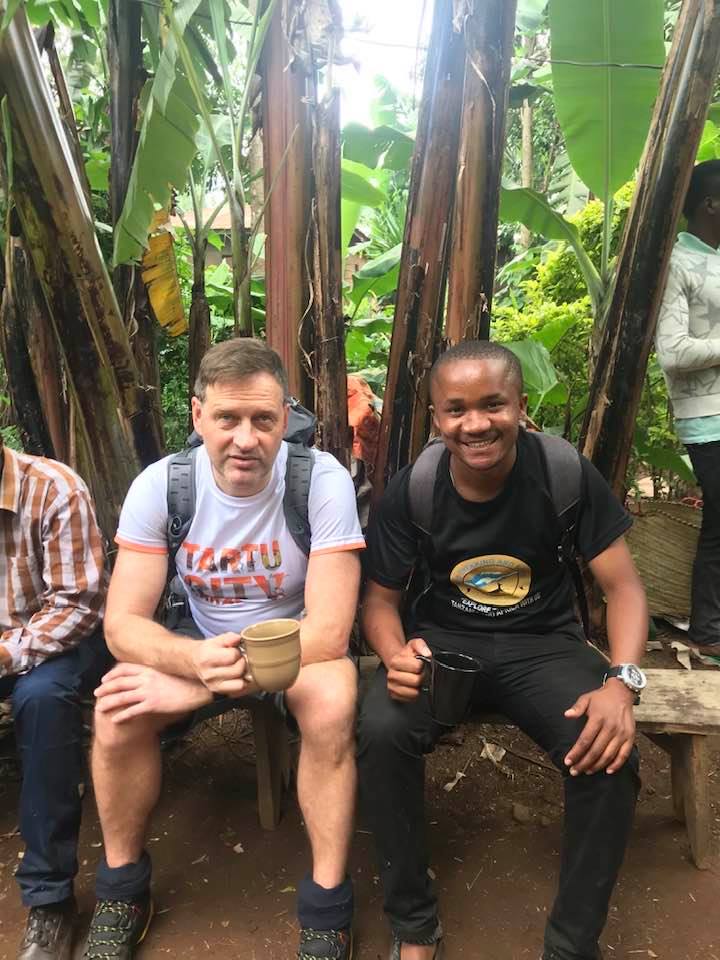
Fredy Mkonyi
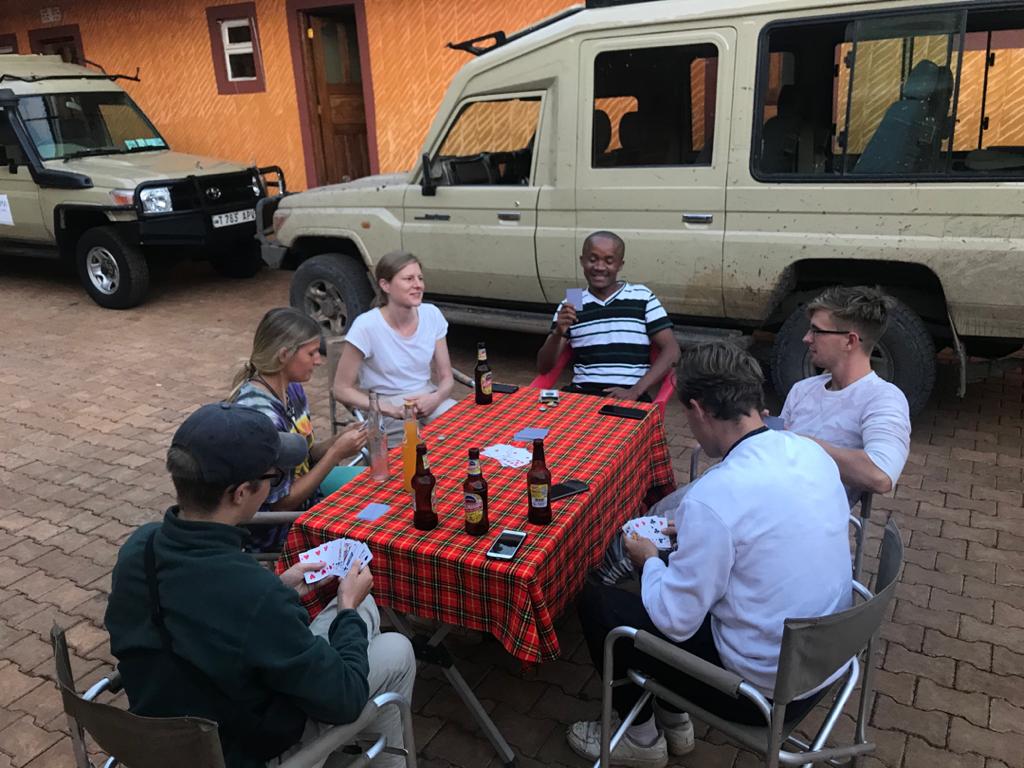
CEO Fredy and our visitors
 EN
EN CH
CH ES
ES DE
DE RU
RU
 FR
FR
 ET
ET
